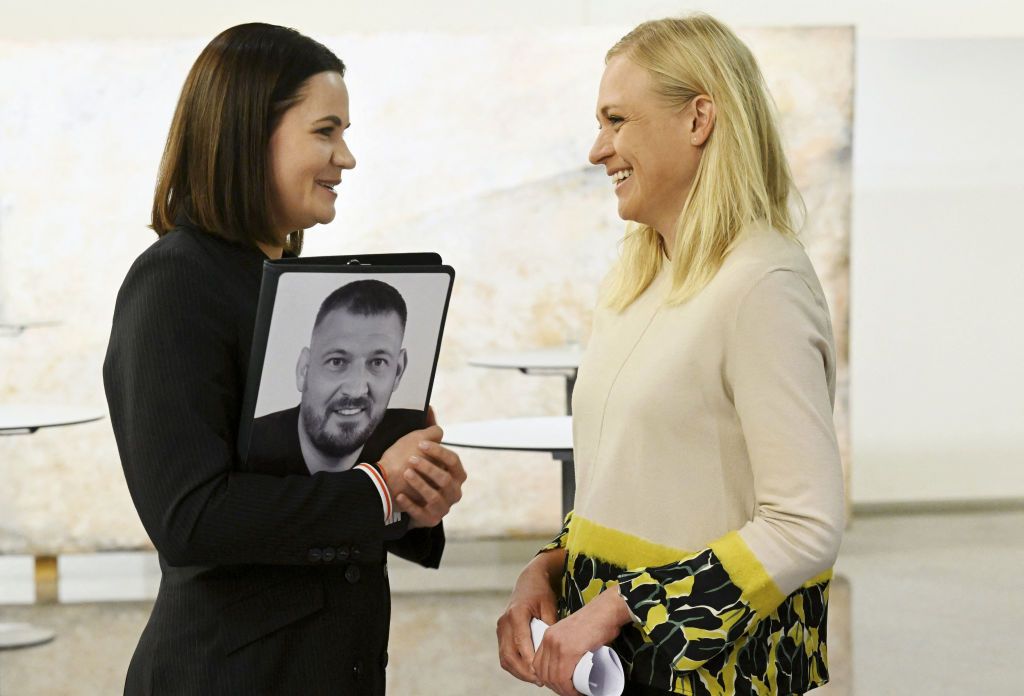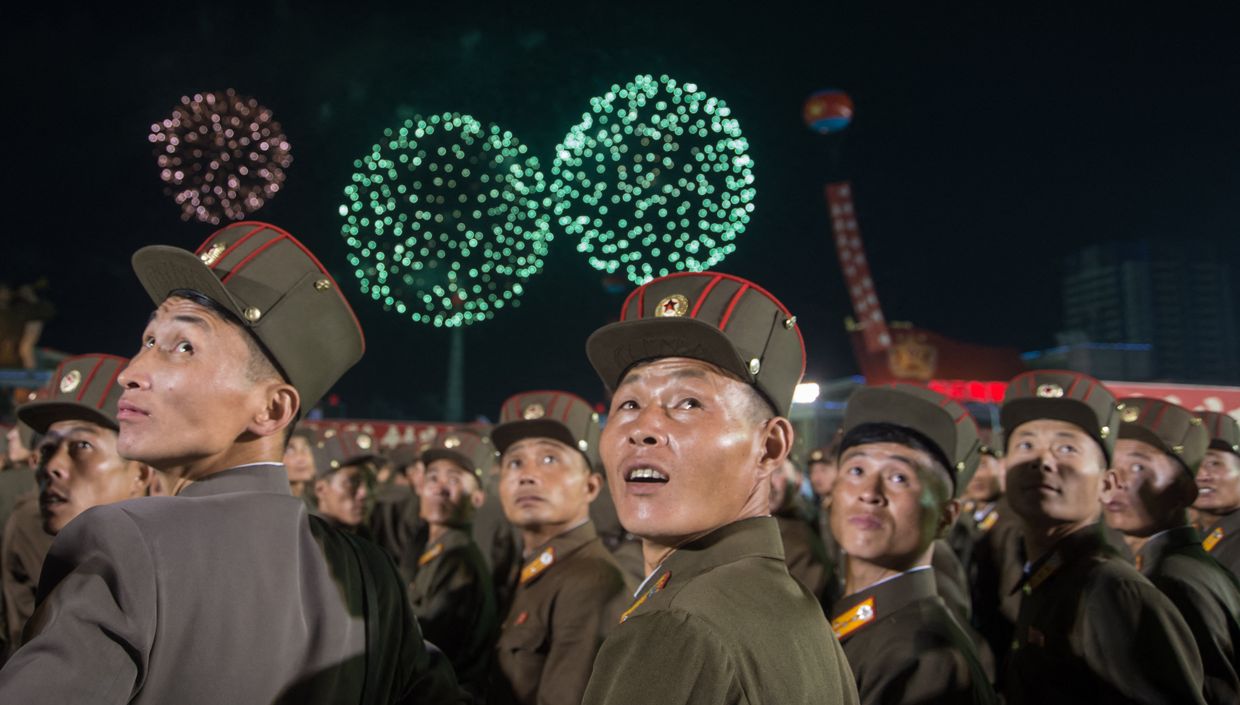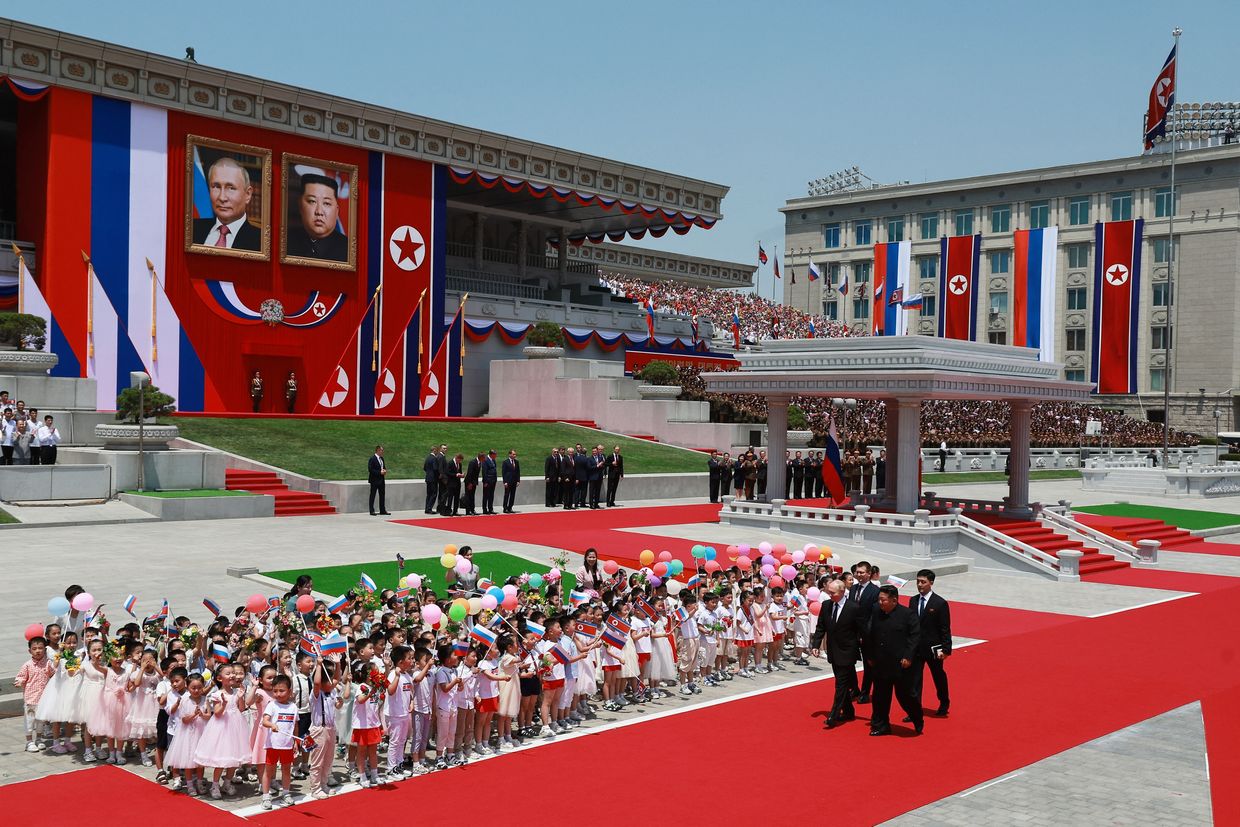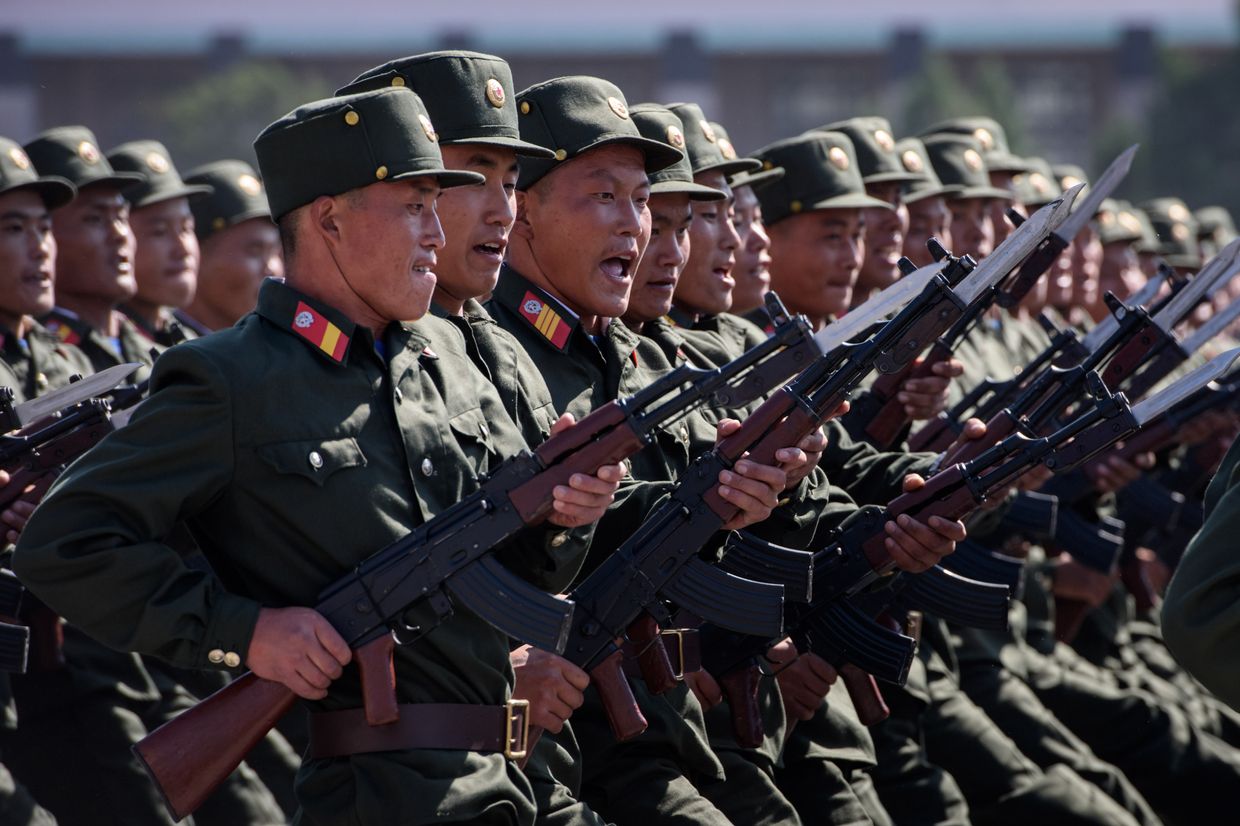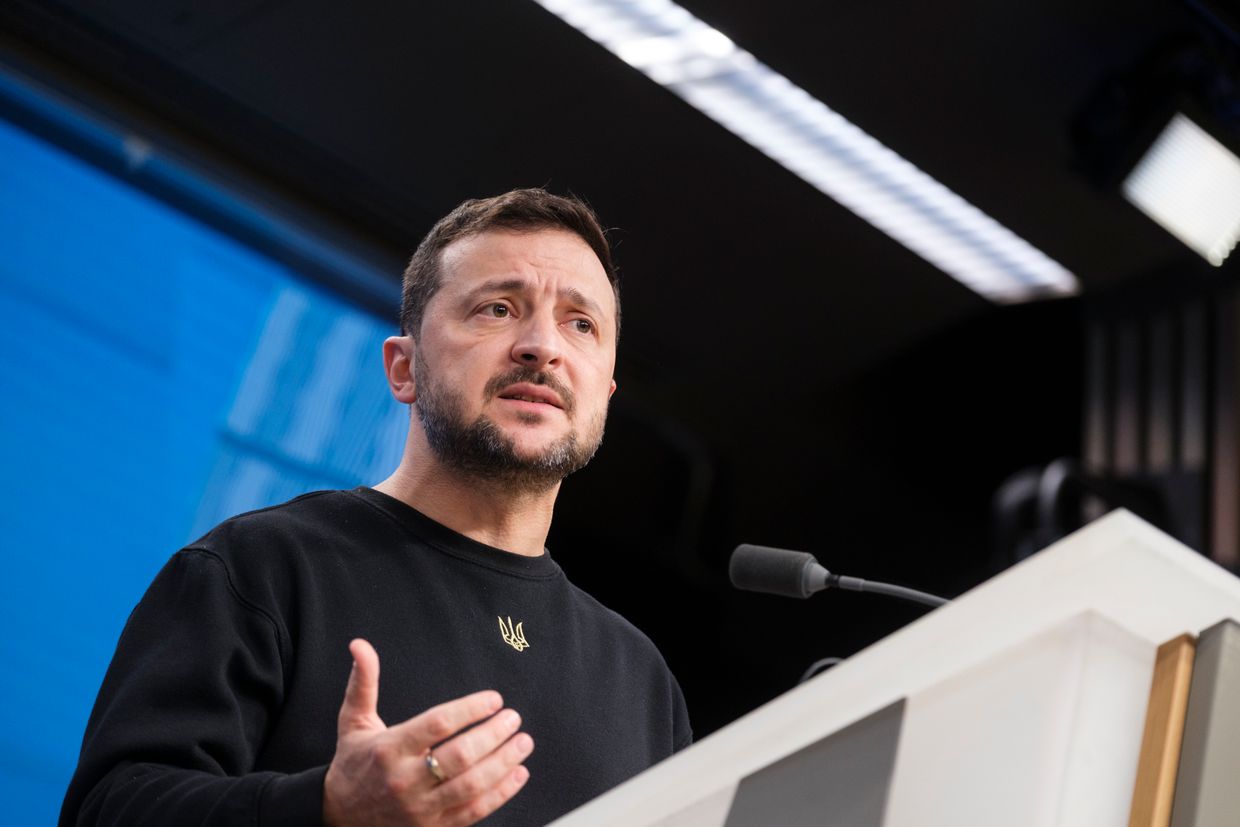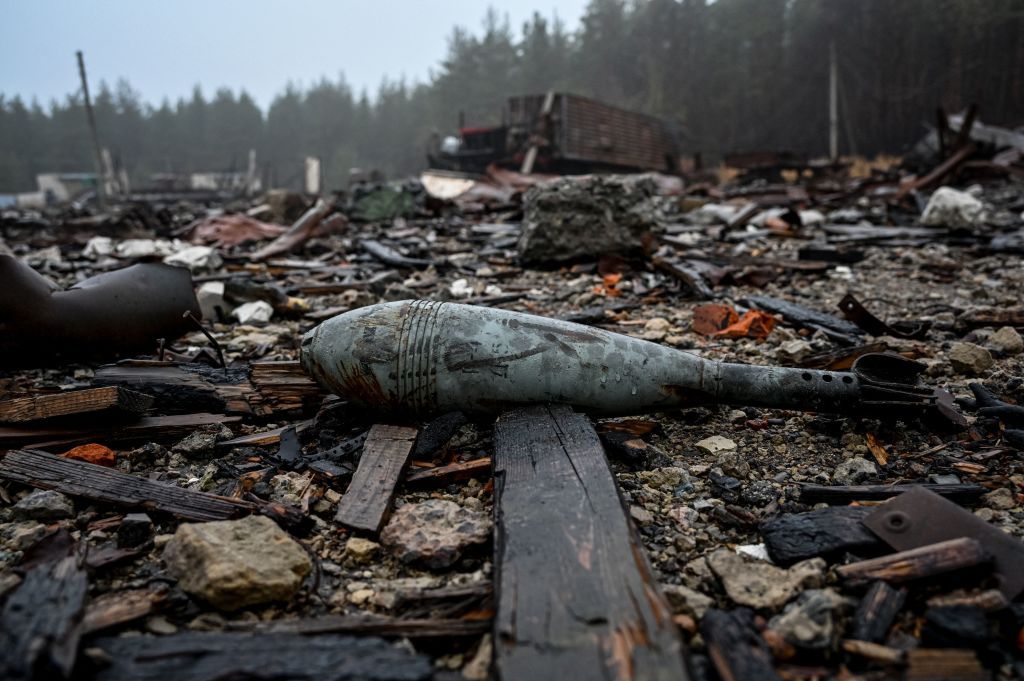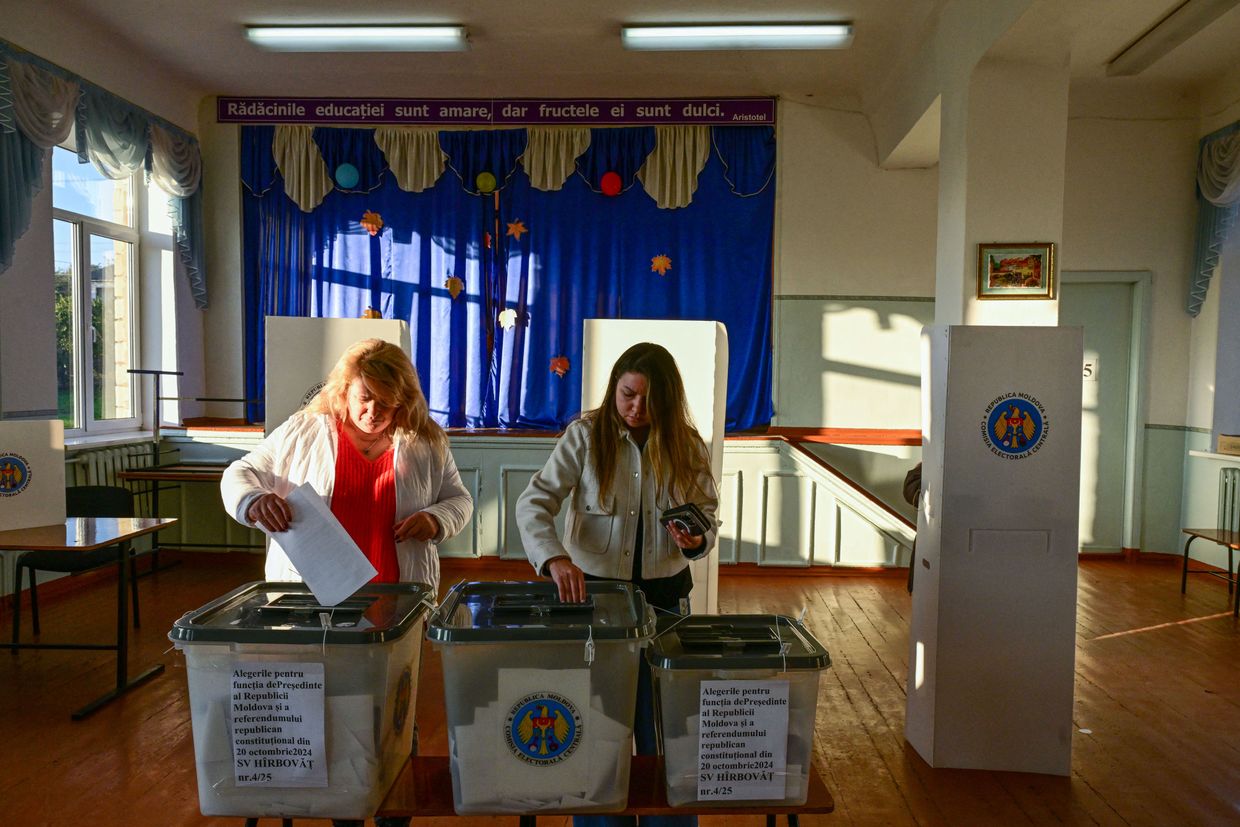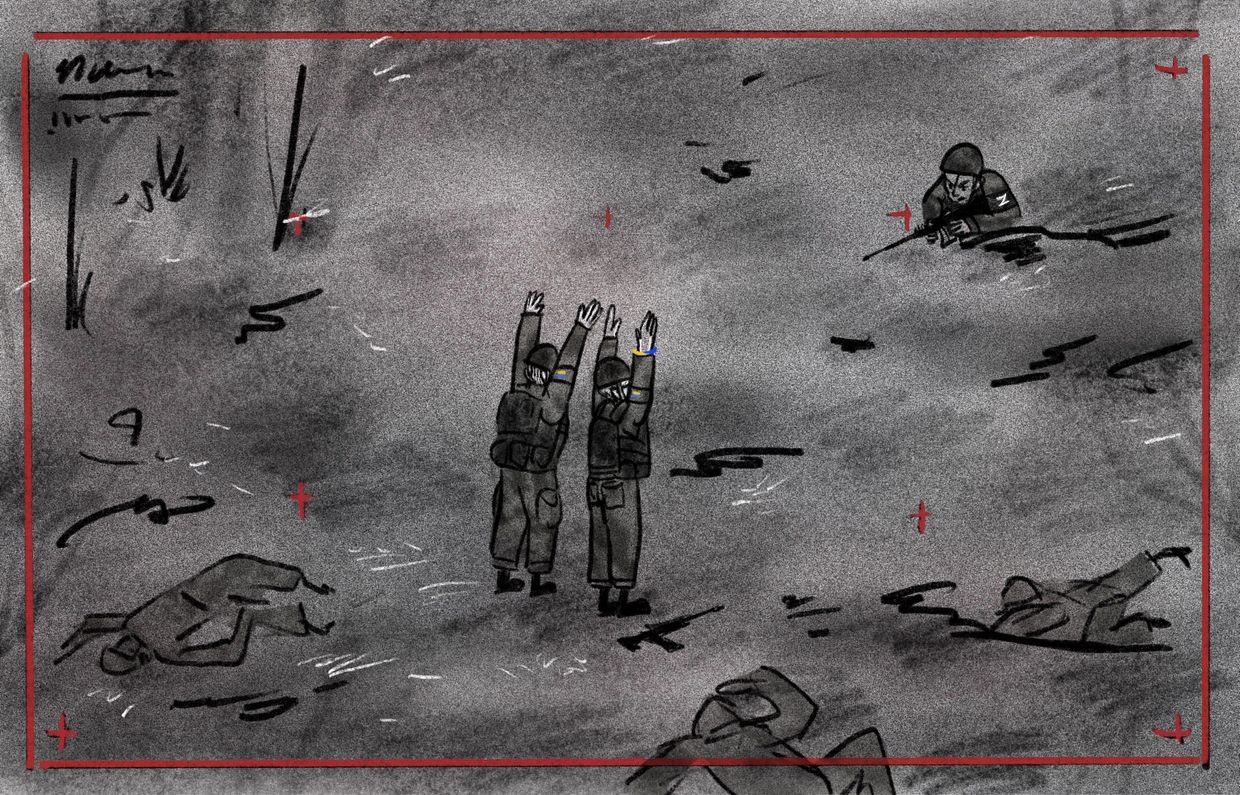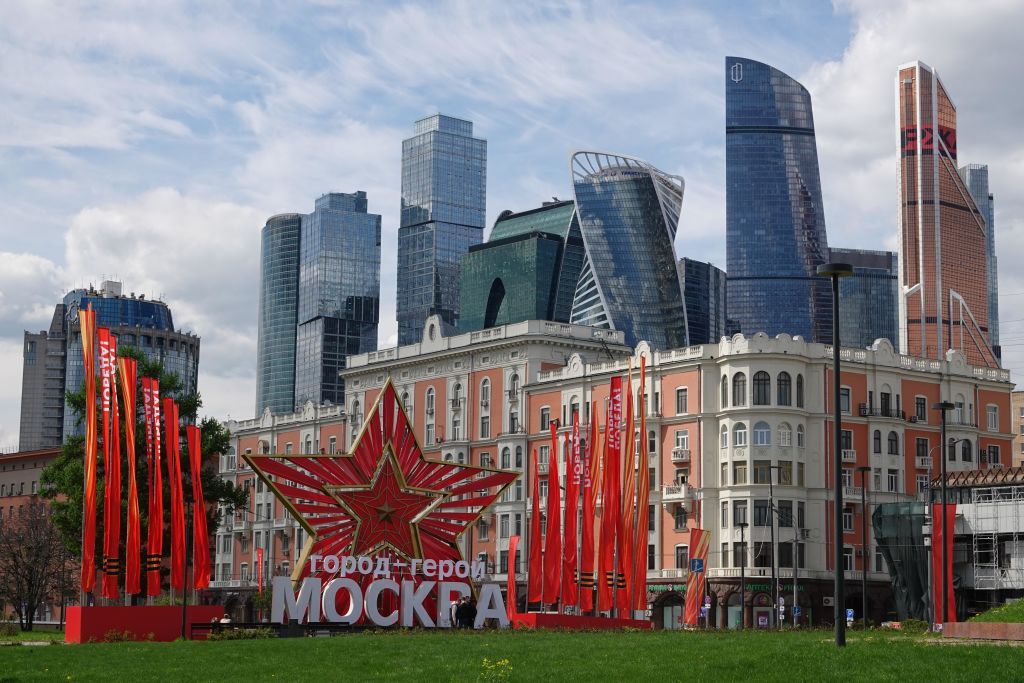The Finnish Nammo Lapua's ammunition factory will increase production fivefold in 2024 due to Russia’s war in Ukraine, the Finnish public broadcaster YLE reported on Feb. 4, citing the regional director of the factory, Ilkka Heikkila.
The increase in production at the factory in southwestern Finland’s city of Sastamala, which manufactures artillery shell casings, is related to the war in Ukraine, as artillery shells play a key role in Finland's aid to Ukraine.
Finland is a key partner of Ukraine in the fight against Russian aggression. The Finnish Defense Ministry announced on Dec. 21, 2023, military aid amounting to 106 million euros ($114 million).
According to the ministry, Finland has delivered 1.6 billion euros ($1.72 billion) worth of military aid to Ukraine since the start of the full-scale war.
The Nammo factory has applied to participate in the EU’s ASAP (Act in Support of Ammunition Production) project, aiming to increase the EU ammunition and missile production to tackle Ukraine's shortages.
If successful, Nammo will build a new factory for manufacturing artillery shells. The project will also require funding from the Finnish government, YLE said.
Nammo (Nordic Ammunition Company) is a joint Norwegian-Finnish company specializing in ammunition production. Its shares are split evenly between Norway’s Trade and Industry Ministry and the Finnish defense corporation Patria.
Earlier in an interview with Kremlin-affiliated media, Russian dictator Vladimir Putin said that Russia would create a "Leningrad military district" on the border with Finland and concentrate forces there.
Since its accession into NATO in March 2023, Finland has started to fortify its defense.
The U.S. and Finland signed a bilateral defense cooperation deal on Dec. 18, 2023, that strengthened mutual defense ties and gave the U.S. access to 15 Finnish military facilities, including four air bases and one naval base.
"Finland knows almost better than anyone what is at stake for Ukraine. In 1939, the Finns also faced a Russian invasion and proved that a free nation could put up an incredibly powerful and resilient resistance," U.S. Secretary of State Antony Blinken said.
